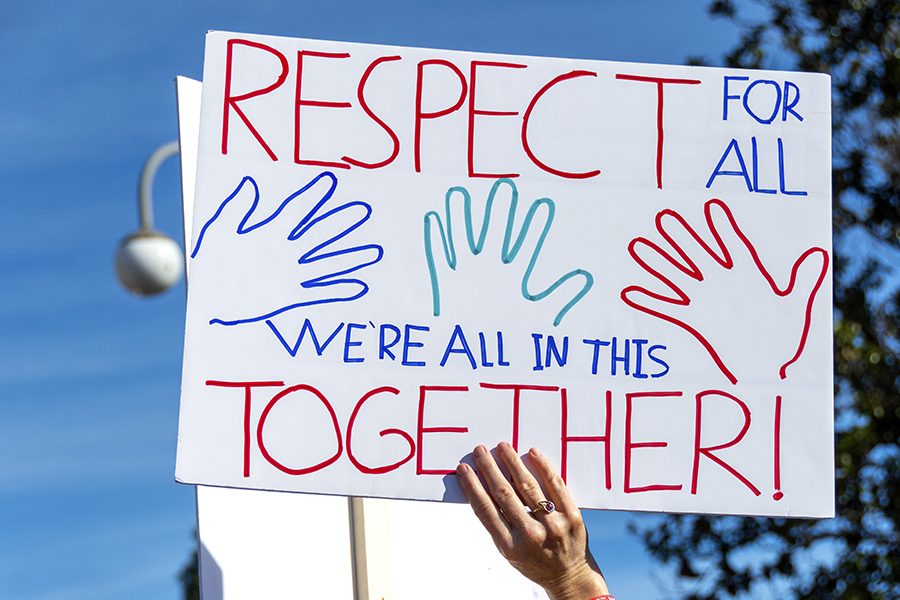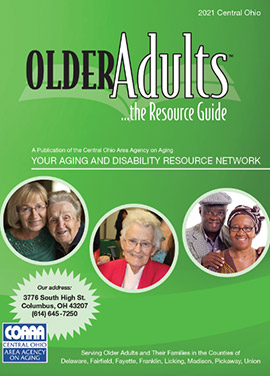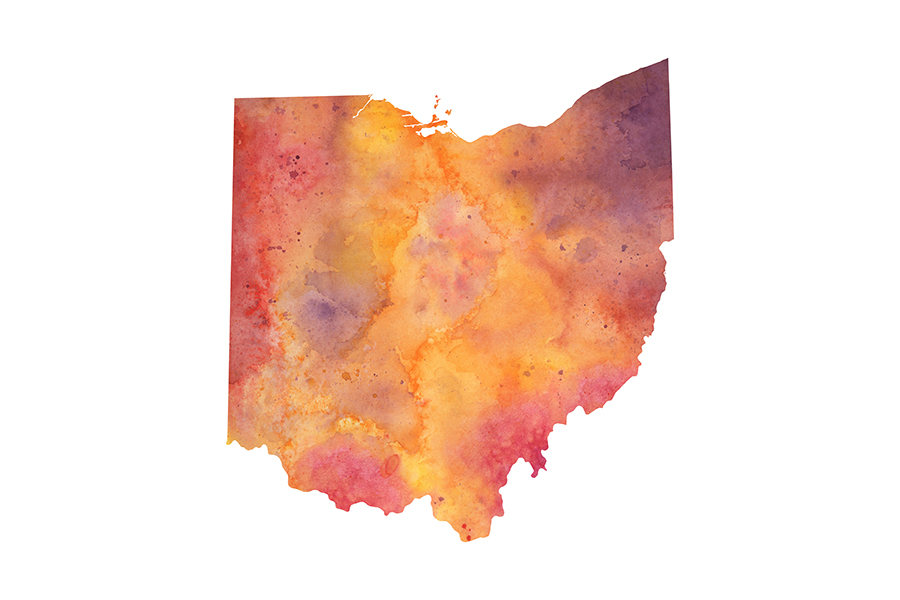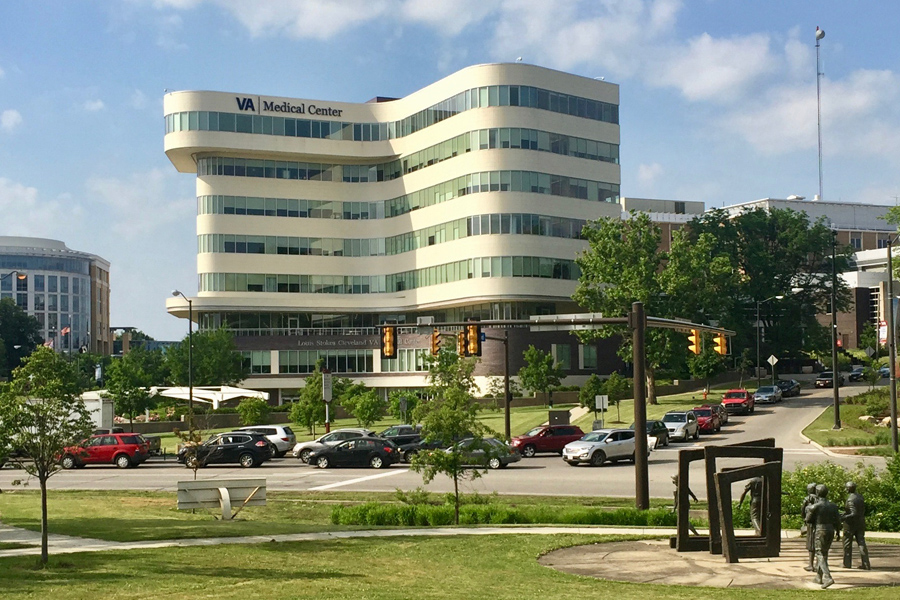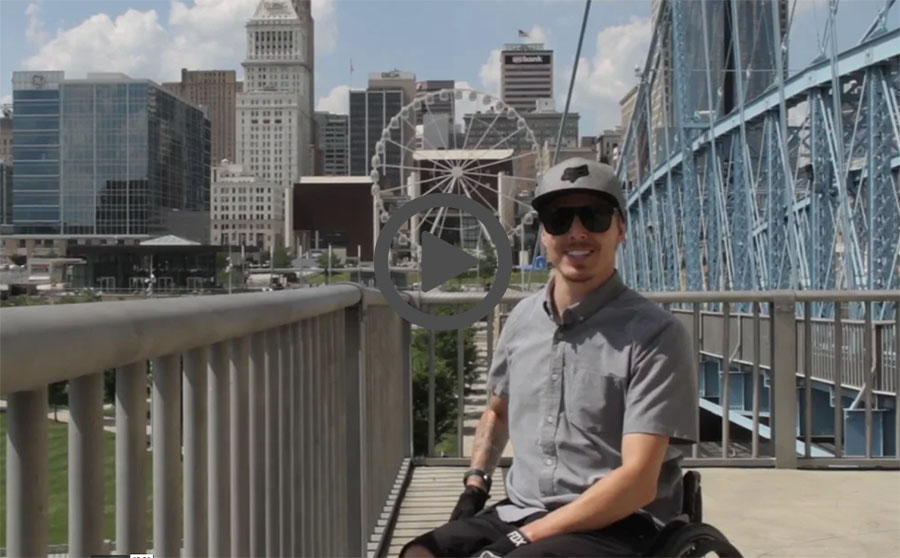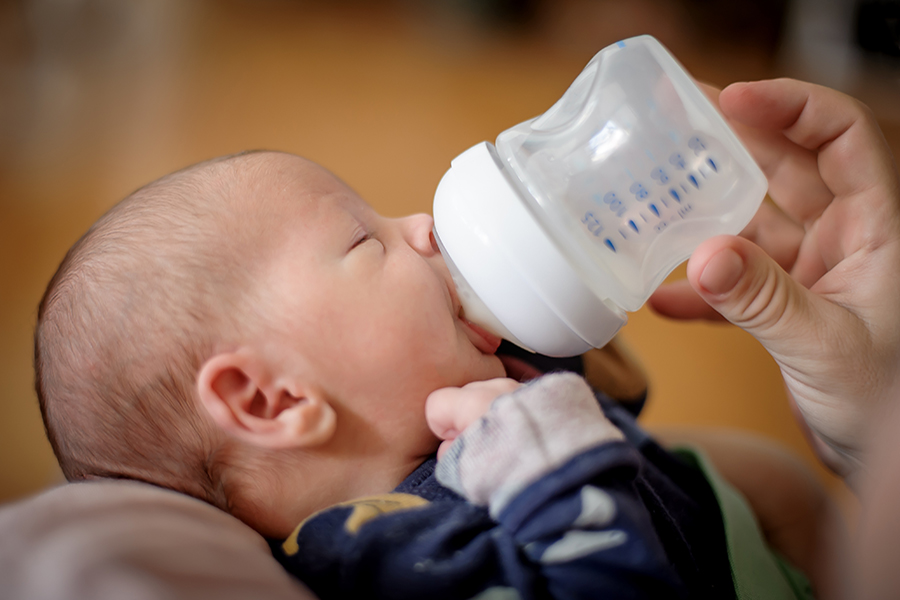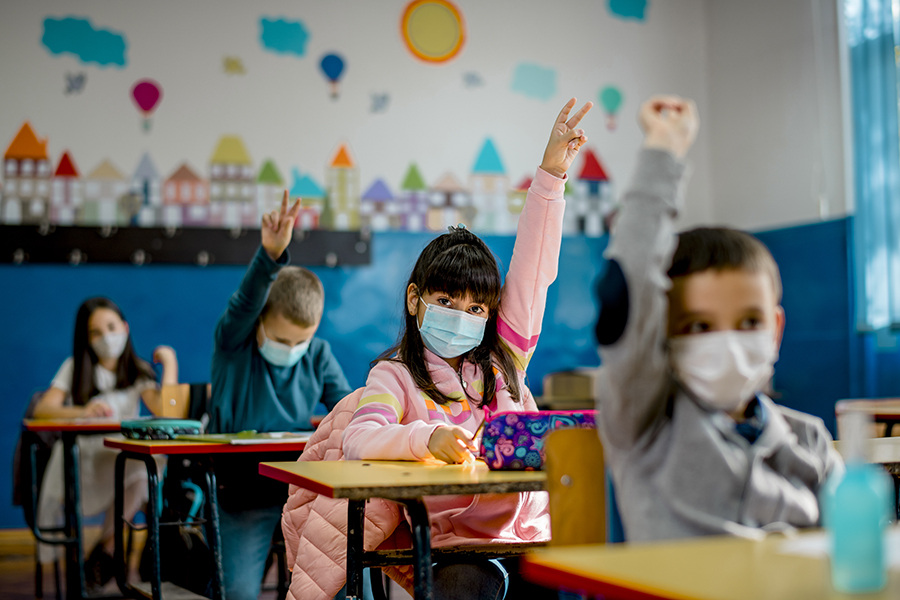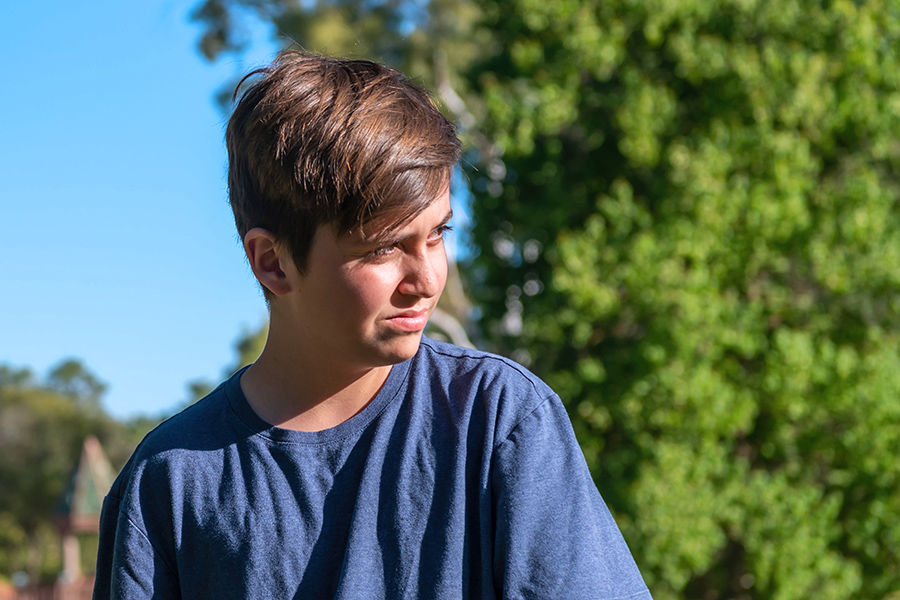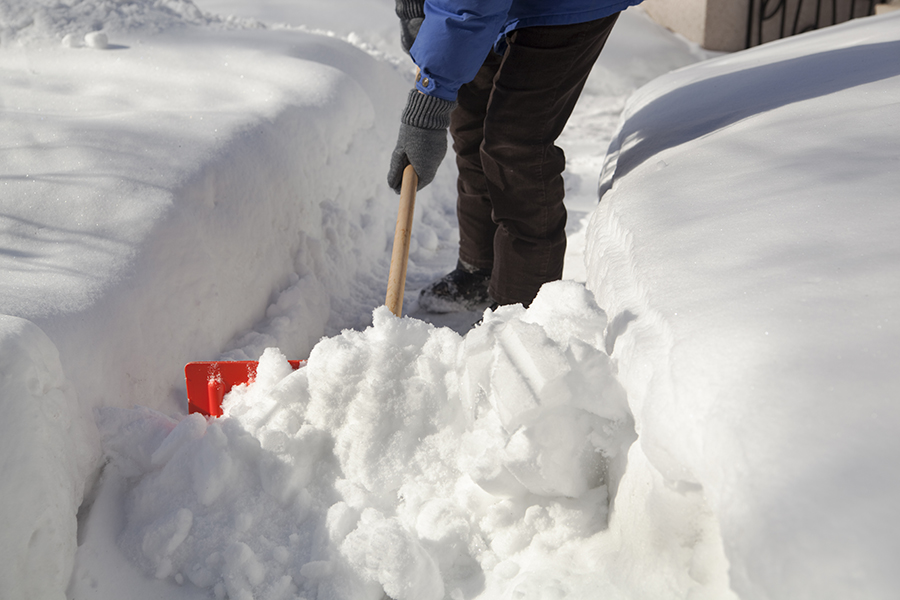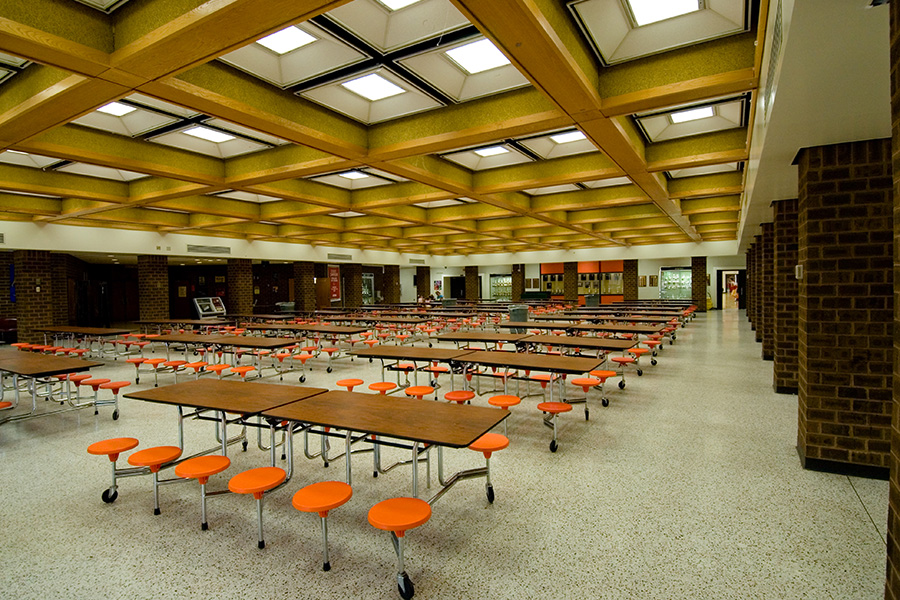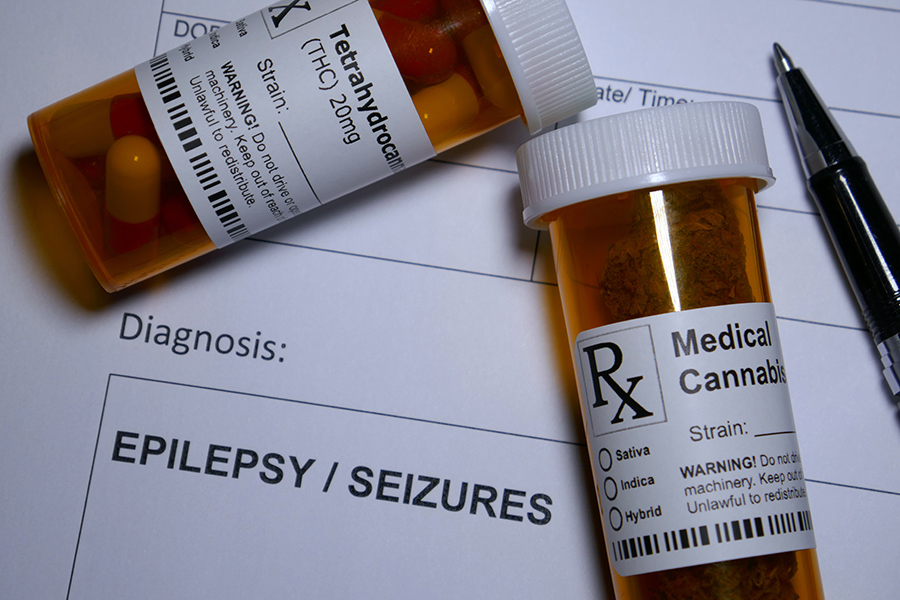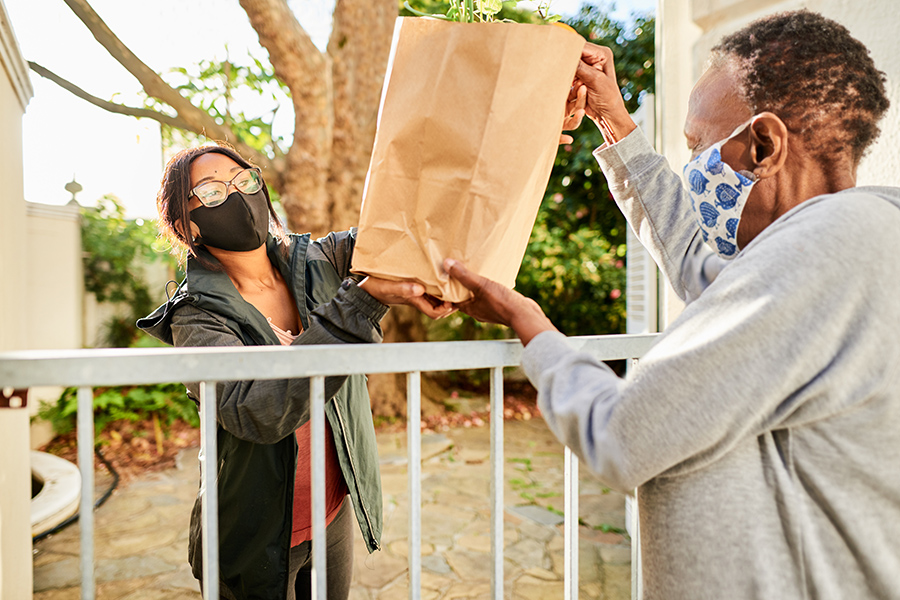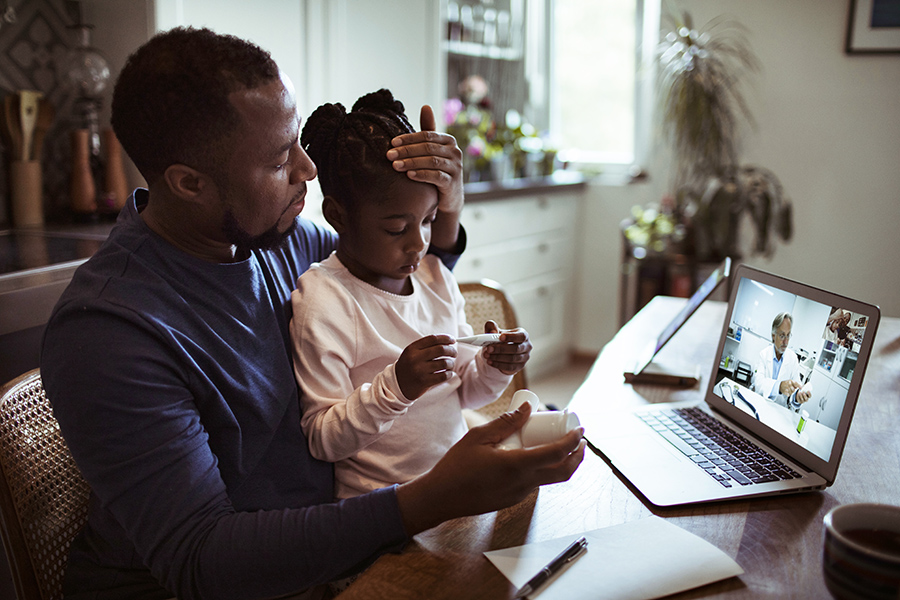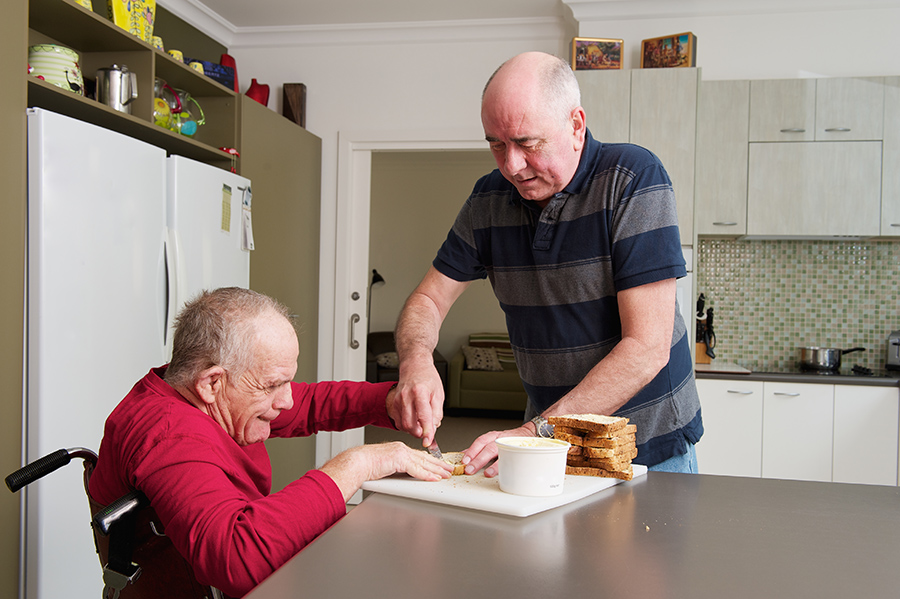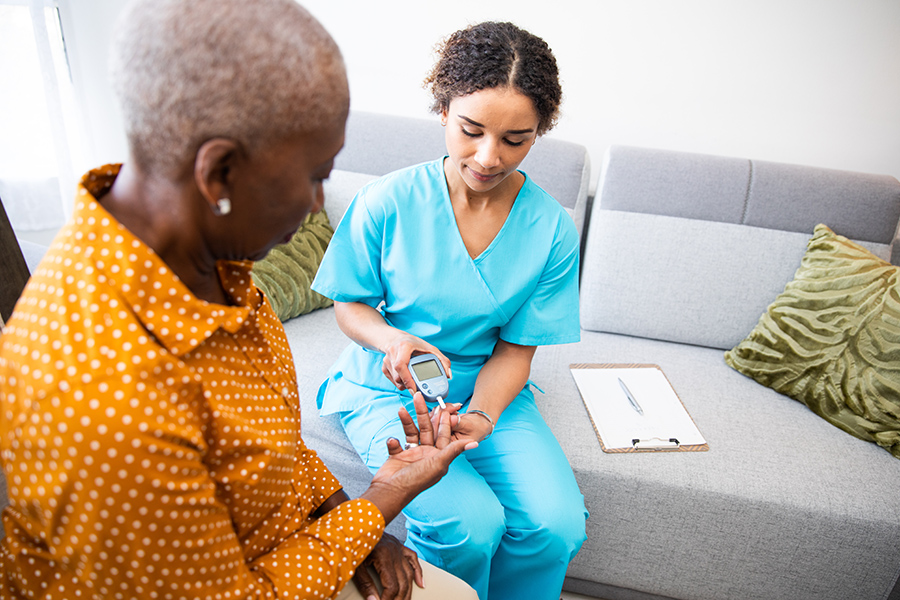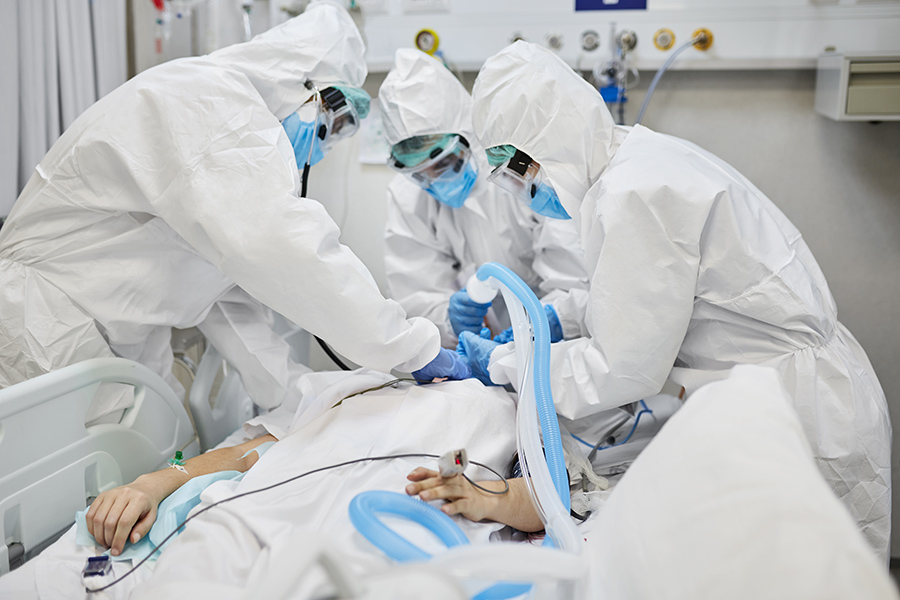Original article by Aubrey Wright in The Columbus Dispatch
Cara Pritchett lights up when she talks about family members who have helped her navigate life with cerebral palsy during the COVID-19 pandemic.
The oldest of four siblings, Pritchett, 25, of Upper Arlington, said she was diagnosed with a mild form of cerebral palsy shortly after she being born. The congenital disorder caused her to lose function of the right side of her body and led to other developmental and medical issues later in life.
Despite being more likely to be infected by COVID-19 and contract severe illnesses from the virus, many people with disabilities and their advocates say they feel like the community has been overlooked and pushed aside during the pandemic.
“The pandemic has not been very good to me,” she said.
Without family, Pritchett said she doesn’t know how she would have made it through the past two year being in and out of the hospital with ulcerative colitis, having difficulties finding a job willing to accommodate her conditions, and losing her best friend in a hit-and-run crash.
“They’ve been through it all with me,” Pritchett said of her family.
There are about 2.6 million adults like Pritchett in Ohio who have a disability and are more likely to develop other chronic conditions and lack access to health care, according to the Centers for Disease Control and Prevention.
Disability advocates demand public apology after ‘hurtful’ comments from CDC director
Last month, some 150 disability advocacy groups spoke out after CDC director Rochelle Walensky shared in an interview with ABC’s “Good Morning America” what she called the “encouraging news” that most COVID-19 deaths among vaccinated individuals in a small study had other health problems and were “unwell to begin with.”
Afterward, disability rights activist Imani Barbarin started the viral “#MyDisabledLifeIsWorthy” to call out Walensky’s remarks, and she’s been joined by people from across the world.
The CDC director apologized and met with a group of disability activists after what she acknowledged was a “hurtful, yet unintentional, statement,” according to a CDC press release. Walensky also committed the CDC to “regular engagements” with the disability community.
The disability community is often overlooked or made to feel devalued and dehumanized, said Sue Hetrick, executive director of the Center for Disability Empowerment, a Columbus nonprofit that helps connect people with disabilities to housing, jobs, transportation and other service in Franklin, Licking, Delaware and Union counties.
“A lot of time policies or decisions are made without the input of people with disabilities,” Hetrick said. “There isn’t the awareness of the non-disabled community about who they are as people, not just what their needs are.”
Medical discrimination, accessibility issues amid COVID
People like Hetrick and Kerstin Sjoberg, executive director of the nonprofit advocacy organization Disability Rights Ohio, have fought discrimination and a lack of awareness throughout the pandemic.
As hospitals decide how to ration ventilators, medication and beds during a crisis, people with disabilities could be given lower priority based on stereotypes about their quality of life and how effective treatment might be, Sjoberg said.
Disability Rights Ohio worked with the Ohio Department of Health to create crisis standards of care for hospitals and doctors that are inclusive of the disabled community, but they’re only recommendations, she said.
Sjoberg added that the new state budget gives the health department more influence in hospital policy, and she hopes disability-inclusive recommendations will be incorporated into hospital care guidelines.
“The discrimination already exists in our system, and it’s not just doctors. It’s part of our society,” Sjoberg said.
Some people with disabilities require aides and other workers who help them at home or in facilities to navigate daily life. This presented a problem during the pandemic, Hetrick said, because social distancing and slowing the spread of the virus became next to impossible, making it harder to protect vulnerable populations.
The pandemic also may have isolated people with disabilities or prevented loved ones from visiting or keeping in touch, Sjoberg said. Without these natural support systems, it also became harder for people in institutions or congregate settings to report neglect and abuse.
So Disability Rights Ohio created a virtual abuse and neglect reporting system and Q &A section where people can get information on personal protective equipment, safe housing, accurate information about COVID-19 vaccinations and more.
“It’s, of course, better to have it face-to-face,” Sjoberg said. “We’ve been able to keep that core function operating very effectively during this process.”
People with disabilities also often face the most barriers trying to get vaccinations, Hetrick said. Accessibility issues, concerns about reactions with existing medications or conditions or fear about poor treatment can get in the way, she said.
“Information is not always accessible to people with disabilities, whether that’s written information that’s given to them, the kind of language that’s used to inform them,” Hetrick said. “Transportation is a huge barrier.”
To help with these issues, the Center for Disability Empowerment (CDE) and the Ohio Department of Health will host pop-up vaccination clinics in late-February or March and provide scheduling assistance and transportation for those who need it, she said.
Finding support systems for people with disabilities
Pritchett struggled to find a job in child care as the pandemic shrank opportunities and shut down schools and day cares.
She turned to the CDE for help last year, and even though she found a job she loves at Riverside Methodist Childcare Center in Upper Arlington, the group still checks in with her today.
“I’ve always said that people with disabilities are some of the strongest people I’ve ever met, because of the barriers that we’re always facing,” said Shari Veleba, a CDE information and referral coordinator.
Pritchett’s parents and younger siblings also helped her deal with the boredom of having to isolate at home and the challenges of having to deal with new health issues.
Even now, her parents continue to support her by doing such things as sending her TikToks showing disability activists, she said.
And Pritchett said her younger siblings Jake, John, Madison and Taylor are some of her biggest supporters in life, with Jake being especially encouraging as Pritchett dealt with the grief over the death of her friend.
She said he took her to the cemetery and wrote an essay about how strong she’s been this past year as his college application essay.
“He wrote the paper without me or anyone knowing what it was about, so when I read it, I was shocked and emotional,” Pritchett said. “Knowing that those were his words makes it really special.”






